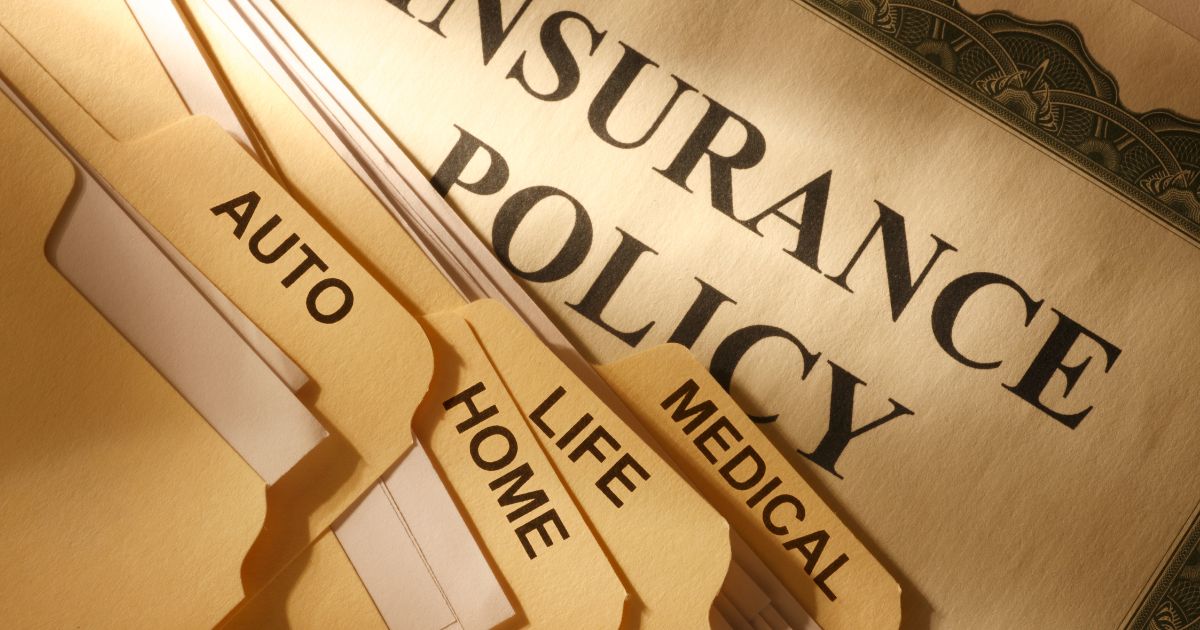So, you’ve had a bump, filed your car insurance claim, and… it’s been rejected. Gutting, isn’t it? You’re paying your premiums, expecting cover when things go wrong, and then this happens. Don’t panic! A rejected claim isn’t the end of the road. There are steps you can take. This guide will walk you through them, helping you understand why claims get denied and what you can do about it. Plus, we’ll touch on how platforms like Policywings can help you get better car insurance deals.
Table of Contents
Toggle1. Understanding Why Your Car Insurance Claim Was Rejected
First things first, find out why your claim was turned down. The insurance company has to provide a reason in writing. Common reasons include:
- Policy Exclusions: These are specific circumstances your policy doesn’t cover. For example, many policies exclude damage caused while using your car for business purposes if you haven’t declared that. Or, if you let someone drive your car who isn’t a named driver, any accident they cause might not be covered.
- Non-Disclosure: Did you fail to mention previous accidents or points on your licence when you took out the policy? This can invalidate the policy entirely. Honesty is always the best policy (pun intended!).
- Breach of Policy Terms: Perhaps you were driving under the influence of alcohol or drugs, or maybe your car wasn’t roadworthy. These are breaches that can lead to rejection.
- Insufficient Coverage: Your policy might simply not cover the type of damage or loss you’re claiming for. A basic third-party policy, for example, won’t cover damage to your own car.
- Fraudulent Claim: This is a serious accusation, but insurers might reject a claim if they suspect you’re trying to inflate the damages or staged the accident.
- Late Reporting: Insurance policies typically have a timeframe within which you need to report an incident. Missing this deadline can result in a claim denial.
Once you know the reason, you can start building your case.
2. Reviewing Your Car Insurance Policy and Gathering Evidence
Now, it’s time to get forensic. Dig out your car insurance policy document and read it carefully. Yes, it’s dull, but it’s essential. Pay close attention to:
- The small print: Focus on exclusions, conditions, and definitions.
- Your policy schedule: This confirms what you’re covered for and any specific endorsements (add-ons).
- The terms and conditions: Understand your obligations as the policyholder.
Next, gather all the evidence you can to support your claim. This might include:
- Photos and videos: Of the accident scene, damage to your car, and any other vehicles involved.
- Police reports: If the accident was reported to the police, get a copy of their report.
- Witness statements: Get written statements from any witnesses to the accident.
- Repair estimates: Obtain quotes from reputable garages.
- Medical reports: If you or anyone else was injured, gather medical records.
- Any other relevant documents: This could include CCTV footage, receipts for repairs, or correspondence with other parties involved.
The more evidence you have, the stronger your appeal will be.
3. Appealing the Car Insurance Company’s Decision
Once you understand the reason for the rejection and have gathered your evidence, it’s time to appeal. This is a formal process, so keep it professional.
- Write a formal letter of appeal: Address it to the insurance company’s complaints department (usually found on their website).
- Clearly state the reason for your appeal: Explain why you believe the rejection was unfair or incorrect.
- Provide supporting evidence: Attach copies of all relevant documents, photos, and statements.
- Reference specific clauses in your policy: If the rejection is based on a misunderstanding of the policy terms, highlight the relevant clauses and explain your interpretation.
- Set a deadline for a response: Give the insurance company a reasonable timeframe to review your appeal (e.g., 14 days).
Keep a copy of your appeal letter and all supporting documents for your records.
4. Seeking Mediation or Arbitration for Your Insurance Claim
If the insurance company rejects your appeal, you’re not out of options. You can consider mediation or arbitration.
- Mediation: This involves a neutral third party (the mediator) who helps you and the insurance company reach a mutually agreeable settlement. The mediator doesn’t make a decision; they simply facilitate the negotiation.
- Arbitration: This involves a neutral third party (the arbitrator) who reviews the evidence and makes a binding decision. Both you and the insurance company agree to abide by the arbitrator’s decision.
The Financial Ombudsman Service (FOS) is a free and independent service that can help resolve disputes between consumers and financial services providers, including car insurance companies. They can investigate your complaint and make a decision if they believe the insurance company acted unfairly.
According to recent FOS data, car insurance complaints have been steadily rising, with a particular increase in disputes related to claim rejections. This highlights the importance of knowing your rights and understanding the appeals process.
5. Consulting with a Legal Professional Regarding Your Rejected Insurance Claims
If mediation or arbitration doesn’t work, or if you believe the insurance company is acting in bad faith, you may need to consult with a solicitor specializing in insurance law. They can assess your case and advise you on your legal options, which might include taking the insurance company to court.
This can be an expensive option, so it’s important to weigh the costs and benefits carefully.
6. Policywings: Resources for Securing Car Insurance
While Policywings doesn’t directly handle claim disputes, we can assist you in finding a car insurance policy that meets your needs and provides adequate coverage.
We compare quotes from a wide range of insurers, helping you find the best deal. Our comparison algorithms take into account factors such as your age, driving history, car model, and postcode to provide personalised quotes. We generate revenue through commissions from the insurers featured on our platform. We strive to be transparent about our revenue model and any potential biases.
Understanding different policy types is crucial. A comprehensive policy provides the broadest coverage, including damage to your own car, even if you’re at fault. Third-party, fire, and theft policies only cover damage to other people’s property and your car if it’s stolen or damaged by fire.
When choosing a car insurance policy, consider the claim settlement ratio of different insurers. This indicates the percentage of claims that an insurer pays out. A higher claim settlement ratio generally suggests that the insurer is more likely to approve your claim. Policywings provides information on claim settlement ratios where available, allowing you to make an informed decision.
7. Preventing Future Car Insurance Claim Denials
Prevention is always better than cure. Here are some tips to help prevent future car insurance claim denials:
- Be honest when taking out your policy: Disclose all relevant information, including previous accidents, points on your licence, and any modifications to your car.
- Read your policy document carefully: Understand what you’re covered for and what’s excluded.
- Keep your policy up to date: Inform your insurer of any changes to your circumstances, such as a change of address or a new job.
- Maintain your car properly: Ensure your car is roadworthy and serviced regularly.
- Drive safely and legally: Obey traffic laws and avoid driving under the influence of alcohol or drugs.
- Report accidents promptly: Contact your insurer as soon as possible after an accident.
- Gather evidence: Take photos and videos of the accident scene and obtain witness statements.
Dealing with a rejected car insurance claim can be frustrating, but remember that you have options. By understanding the reasons for the rejection, gathering evidence, and appealing the decision, you can increase your chances of getting your claim approved. And by taking steps to prevent future denials, you can avoid similar problems in the future. Don’t give up!







